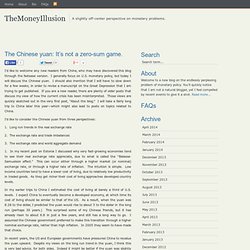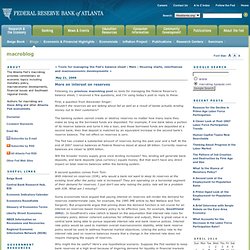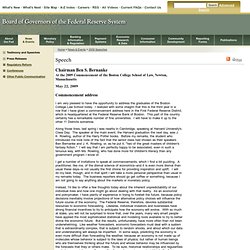

The Chinese yuan: It’s not a zero-sum game. - I’d like to welcome any new readers from China, who may have discovered this blog through the Netease version.

I generally focus on U.S. monetary policy, but today I will discuss the Chinese yuan. I should also mention that I will have to slow down for a few weeks, in order to revise a manuscript on the Great Depression that I am trying to get published. If you are a new reader, there are plenty of older posts that discuss my view of how the current crisis has been misinterpreted. Those views are quickly sketched out in the very first post, “About the blog.” I will take a fairly long trip to China later this year—which might also lead to posts on topics related to China.
I’d like to consider the Chinese yuan from three perspectives: 1. 2. 3. 1. In my earlier trips to China I estimated the cost of living at barely a third of U.S. levels. In recent years, the US and European governments have pressured China to revalue the yuan upward. 2. 3. There are many ironies in this story. Macroblog: More on interest on reserves - Mozilla Firefox.
« Tools for managing the Fed's balance sheet | Main | Housing starts, remittances and macroeconomic developments » May 21, 2009 More on interest on reserves Following my previous macroblog post on tools for managing the Federal Reserve’s balance sheet, I received a few questions, and I’m using today’s post to reply to these.

First, a question from Alexander Singer:Wouldn't the reserves we are talking about fall as well as a result of banks actually lending money out to their customers? The banking system cannot create or destroy reserves no matter how many loans they make as long as the borrowed funds are deposited. The Fed has created a substantial amount of reserves during the past year and a half. Will the broader money supply grow once lending increases? A second question comes from Tom:With interest on reserves (IOR), why would a bank not want to keep its reserves at the existing level after the policy rate is increased? Why might this be useful? A bit more detail. TrackBack Comments. Bernanke, Commencement address. Chairman Ben S.

Bernanke At the 2009 Commencement of the Boston College School of Law, Newton, Massachusetts May 22, 2009 Commencement address I am very pleased to have the opportunity to address the graduates of the Boston College Law School today. Along those lines, last spring I was nearby in Cambridge, speaking at Harvard University's Class Day. I get a number of invitations to speak at commencements, which I find a bit puzzling. Instead, I'd like to offer a few thoughts today about the inherent unpredictability of our individual lives and how one might go about dealing with that reality. In planning our own individual lives, we all have a strong psychological need to believe that we can control, or at least anticipate, much of what will happen to us.
Our lack of control over what happens to us might be grounds for an attitude of resignation or fatalism, but I would urge you to take a very different lesson. Chance intervened, however, as it so often does. Return to top.